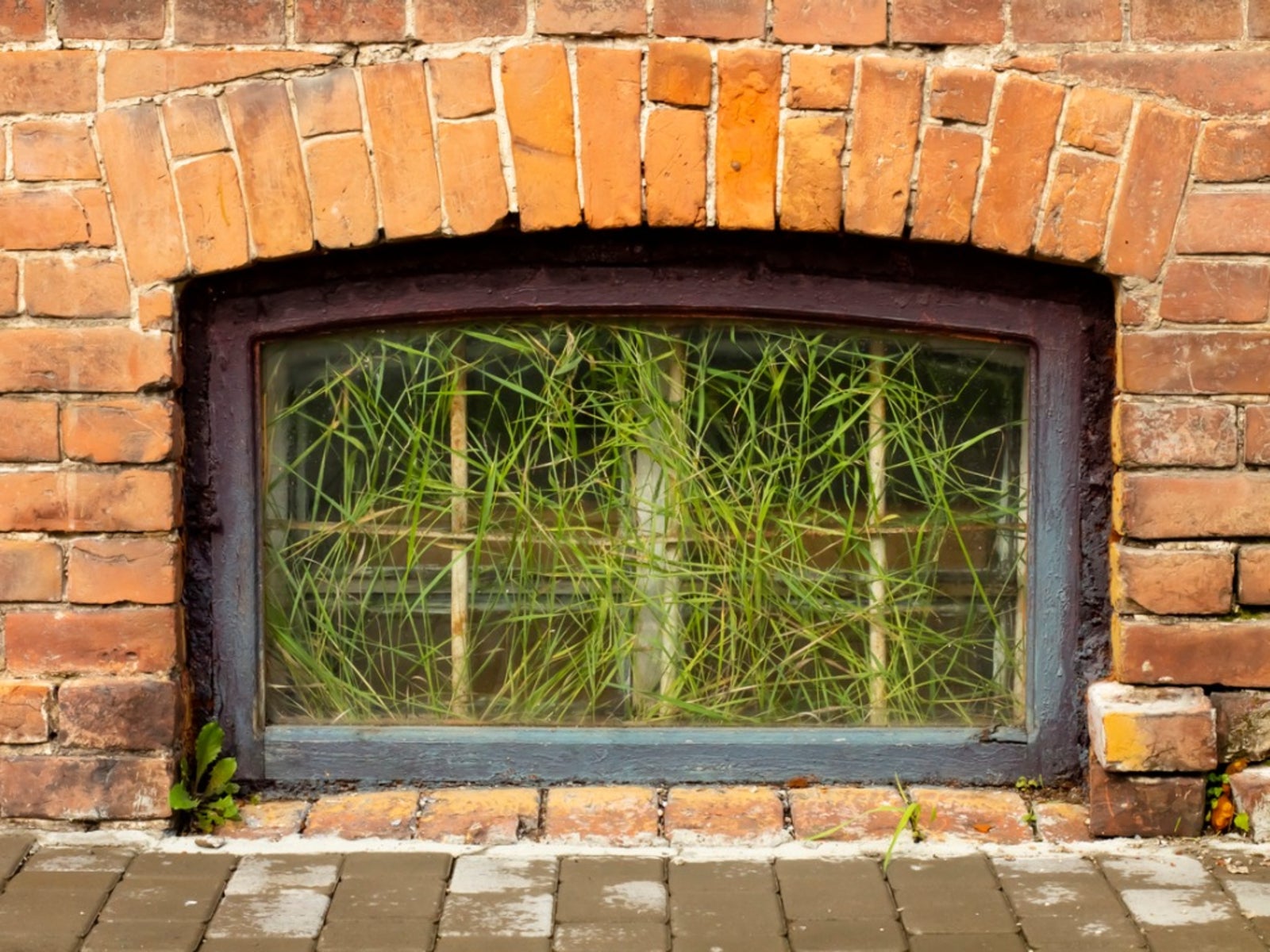Growing A Basement Garden: Can You Grow Vegetables In Your Basement


Setting up a growing space indoors for sun-loving veggies can pose a few challenges. Whether you just have no space outdoors or you want a year-round garden, the plants' basic needs have to be met. You need to provide water, light, space, support structures, and nutrients. Basement gardening may be done hydroponically or in soil. Another consideration when growing veggies in a basement is heat. Your plants will need temperatures of at least 70 degrees Fahrenheit (21 C.) to flourish. Do some research when growing a basement garden so you can solve these problems if they crop up and decrease your produce bill while providing healthy veggies for your family.
Needs for Basement Gardening
The majority of vegetables require warm temperatures, but basements are notoriously dank and cold. You need to ensure that the area is draft free and provide heaters to keep the area warm. If the basement is also damp, you will need fans to move air around and prevent rot. If you are planning a large growing operation, you may need to get industrial-sized fans and heaters, but smaller gardens can suffice with home use-sized units. You can run hoses from existing water supplies or keep rain barrels to provide irrigation. The choice of soil when you grow vegetables in your basement is also crucial. Use a mixture of compost, peat, and vermiculite that is sterile. Choose flats or pots to start plants in, but be sure they have adequate drainage holes. Lighting is probably the most challenging part of growing a basement garden. There are different light colors for different types of growth and fruiting. For instance, blue light promotes leafy and vegetative growth, while red light enhances flowering and fruit production. Plant lighting needs for basement gardening vary from germination to fruiting, so it is best to do a little research in this area if you want a professional lighting situation. Growing vegetables in your basement offers a chance to test lighting amounts and tones. Beginner gardeners can just use fluorescent lighting, but as you get more experienced and your basement garden expands to more needy varieties, you will need to invest in halogen lighting with suspension and timers.
How to Grow Vegetables in Your Basement
Once you have the space warm, ventilated, and ready with containers and soil, you need to choose the variety of plants you wish to grow. Vegetable plants that grow indoors and grow best would include leafy greens. They are easy to start and the best bet for a novice indoor veggie gardener. Plants such as tomatoes and peppers will need higher levels of heat and light, while bush beans and peas need less heat. Chose dwarf varieties when possible to save space. Squash and melons are not good but lettuce, spinach, radishes, and Swiss chard are ideal vegetable plants that grow indoors. Sow seed indoors as you normally would but instead of transplanting outdoors, move them to pots. Use a timer to give the plants at least 8 hours of light per day for most types and 10 hours or more for sun-lovers like peppers. Never let your plants dry out and give them a liquid fertilizer diluted by half once every week. Stake and tie up plants as needed and follow basic veggie care for each variety. Increase lighting hours and water once the plants have fruited. Pests are not as big an issue in basement gardening but watch for whitefly, scale, and other insects.
Sign up for the Gardening Know How newsletter today and receive a free copy of our e-book "How to Grow Delicious Tomatoes".

Bonnie Grant is a professional landscaper with a Certification in Urban Gardening. She has been gardening and writing for 15 years. A former professional chef, she has a passion for edible landscaping.